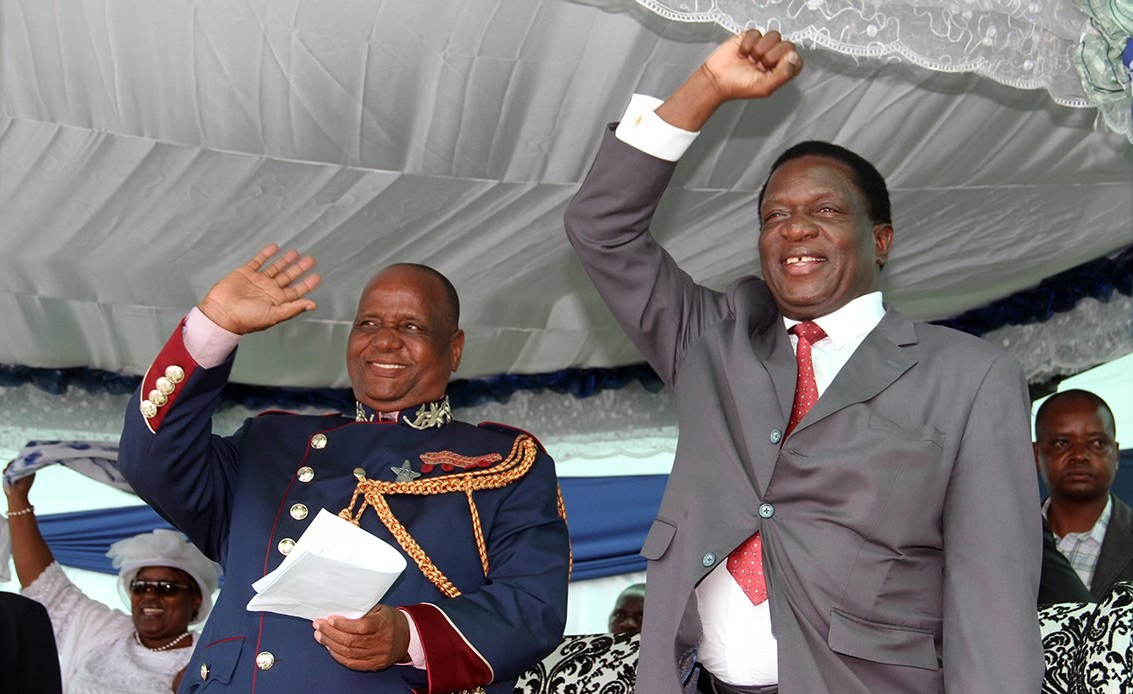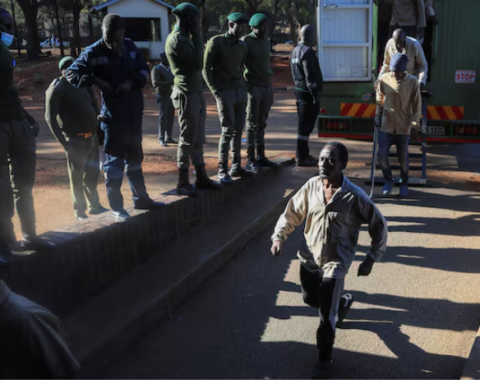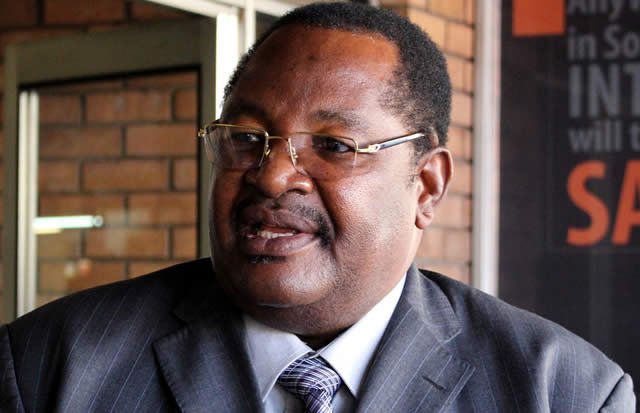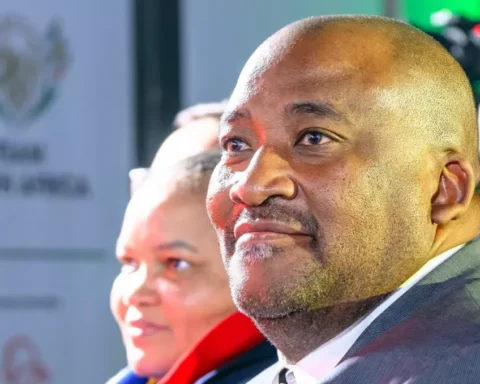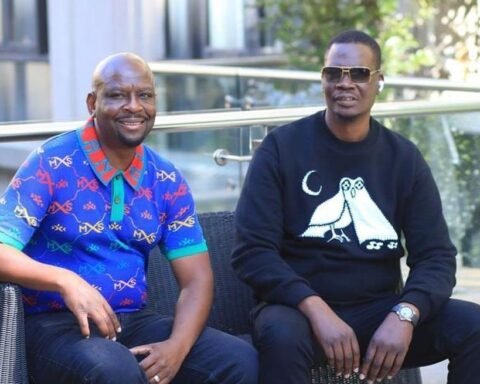A lot has happened in Zimbabwe with regards human rights abuses and the main perpetrator has been the government. The use of security forces, the army and the police in the crackdown and brutalisation of citizens has gone unchecked.
One would have hoped the church would step in to fill that gap, but, alas, the church itself is an abuser of the people.
The Church can “never again be trusted” to protect citizens from being abused by the government— not unless it relinquishes, at all levels, the unquestioned deference that comes with power, accepts accountability, and has the policies in place to reduce the likelihood of abuse it perpetrates itself.
Be vigilant
Citizens should never stop being “vigilant” of safeguarding risks in Zimbabwe, we must hold the Church and government to account. These two institutions are and have let the citizens down.
Unless the Church and government are getting it right now, unless these two institutions have and start doing everything they possibly can in terms of preventative messages — checking people who are being put into positions of authority, holding people to account, and dealing with concerns — then that trust can never be built up.
I don’t think people should go around being scared, but every citizen should know what to look out for — because, unfortunately, there is quite a huge number of people in our country who have done and will do bad things to vulnerable people and we need to be vigilant about that.
They get away with it
Those at the forefront of abusing power and brutalising citizens are the very prominent in the church and government and not one has been convicted; that should not make you feel safe.
One of the problems for the Church is that people think that when they go to church, they will be safe. My whole experience in working with some of the Church leaders is that you can never assume anyone is going to be safe. Of course, you want people to do everything they can to make church safe, but people didn’t in the past, and, to be honest, the Church has been very late to realise what it needs to do, if at all it has come to that realisation.
The Church must understand the danger of power without accountability. This lack of scrutiny and transparency cultivates abuse. With the rise of the so-called prophets in Zimbabwe this has further complicated things.
Money and Power
If you wanted to construct an organisation that an abuser would want to get into because it gave them access to people, or to financially and sexually exploit people, it would be the prophetic churches. The element of power that these so-called prophets have, with relatively little accountability; the deference which goes to somebody at that level of power, with no formal structures of process in place to hold that to account, or even have oversight. . . That is worrying.
It requires everybody of good will to have their eyes open and act when they see something wrong. Survivors and families often say that people knew about past abuse but didn’t say anything . . . because it was deemed too difficult, or they allowed the offender to move on. One only has to look at the current crop of these Papa’s (the so-called prophets in Zimbabwe who have a range of sexual scandals).
We must stand together
As a nation, as citizens we need to understand [the impact of abuse] from the inside — what makes it real — the devastation that these offenders wreak on people. We need that voice. Our priority has to be about prevention and about what the Church is doing now. There has been a deafening silence with regards the rampant abuses in church. The touch not the anointed mantra has been thrown about and, in most cases, it seems those in the clergy know what’s going on and they protect each other.
Government has now clearly shown the citizens that it will not touch church leaders and as such the citizens are left exposed and it thus, becomes incumbent upon us as citizens to get to grips with the nuances and structure of these Churches and find a way to free ourselves and stop these abusers and bring them to book. That is quite a task.
It is because of these unique and vast complexity that some people would be undecided whether the Church should be answerable to an independent national safeguarding body, which many survivors and campaigners would call for.
Devastation of abuse
I have seen the absolute devastation that abuse by church leaders has wrought on some families. Devastation does not cover it. I do not claim to have the same kind of experience or insight as someone who has suffered that themselves, but I do know what that has been like for them in terms of getting the Church and society to pay attention. As a result, some people lose their faith.
You go to church with your vulnerabilities. Like every other form of abuse, [clerical abuse] is an abuse of power, but it is also an abuse of faith.
The Church structures need to change: The Clergy Discipline Measure, for example, is not fit for purpose. Safeguarding issues require a particular response — I would doubt that the current government has the capability nor the capacity to hold some of the abusive church leaders to account. The level of corruption in government and the politics at play give these wealthy and popular church leaders free licence.
See no evil
Many church leaders cover up for these abusive leaders. Nothing is reported to relevant authorities. It was always my expectation and understanding when I worked as a lecturer in a college that I was required to report any form of abuse disclosed to me; that is mandatory reporting. The view in the Church in Zimbabwe in particular is not the same. Do I think it should be put in law that it is a criminal offence not to report abuse? It is problematic. . .
How do you define a suspicion? My worry is that would be a disincentive to people raising low-level concerns that might lead to something else being looked at.
It comes back to creating a culture, supported by safeguarding training, in which people feel confident and comfortable reporting concerns. This can build a picture or pattern of abuse.
We all want to feel safe
I am pretty confident that as citizens we want everybody in the Church to think: ‘We have to do this, not because people think I am an abuser or everybody is likely to be an abuser, but because abusers will target vulnerable people in our Church’ — and, if we are to live out our values, belief, and faith then we absolutely have to have our policies, procedures, and training in place that makes that less likely.
For far too long we have folded our arms and watched silently as abusers rampage the church. We have seen the government letting these abusers go on unchecked because they wield financial and popular power. As citizens we must work out a way to put an end to this.
